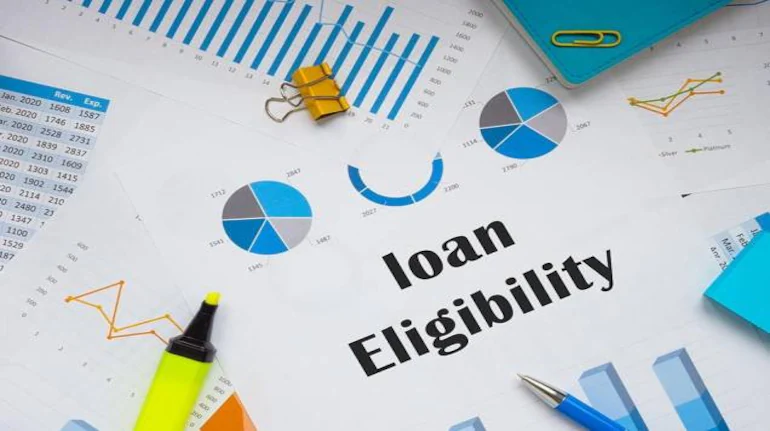A personal loan is an unsecured loan that provides financial support for various needs, such as medical expenses, weddings, travel, or debt consolidation. Since it doesn’t require collateral, lenders evaluate borrowers based on specific eligibility criteria. Understanding these factors can improve your chances of approval and help you secure the best loan terms.
Key Eligibility Factors for Personal Loans
1. Age Requirement
- Most lenders require applicants to be between 21 and 60 years.
- Some banks may extend the limit to 65 years for self-employed individuals.
2. Income Criteria
- Salaried Individuals: Minimum monthly income of ₹15,000 – ₹25,000 (varies by lender and city).
- Self-Employed Individuals: Annual income proof, such as ITR (Income Tax Returns) for the last 2-3 years, is required.
3. Employment Status
- Salaried Employees: Must have a stable job with a reputed company or government organization.
- Self-Employed Professionals: Must have a stable income from business or profession.
4. Credit Score
- A CIBIL score of 700 or above improves approval chances.
- A higher score can also help secure lower interest rates.
5. Work Experience
- Salaried Individuals: Minimum 1-2 years of work experience, with at least 6 months to 1 year in the current job.
- Self-Employed Individuals: Minimum 2-3 years of business continuity with proof of income.
6. Existing Liabilities & Debt-to-Income Ratio
- Lenders assess your existing EMIs, credit card dues, and total monthly income.
- A debt-to-income ratio below 40% is generally preferred for easy loan approval.
7. Residential Stability
- Owning a house improves credibility, while frequent address changes may raise concerns for lenders.
Documents Required for Personal Loan Application
- Identity Proof: Aadhaar Card, PAN Card, Passport, or Voter ID.
- Address Proof: Utility bills, Aadhaar Card, Passport, or Rent Agreement.
- Income Proof:
- Salaried: Salary slips for the last 3-6 months, Form 16, and bank statements.
- Self-Employed: ITR for the last 2-3 years, GST returns, and business financials.
- Employment Proof: Offer letter, appointment letter, or business registration documents.
- Passport-Sized Photographs.
How to Improve Personal Loan Eligibility
- Maintain a Good Credit Score by paying EMIs and credit card dues on time.
- Choose a Realistic Loan Amount that aligns with your income and repayment ability.
- Reduce Existing Debt before applying for a new loan to lower your debt-to-income ratio.
- Ensure Stable Employment by avoiding frequent job changes.
- Apply with a Co-applicant to improve eligibility, especially if your income is on the lower side.
Conclusion
Meeting the eligibility criteria is crucial for securing a personal loan with favorable terms. By maintaining a strong credit score, stable income, and low debt obligations, you can increase your chances of approval and get the best interest rates. Before applying, compare different lenders to choose the one that suits your financial needs the best.


